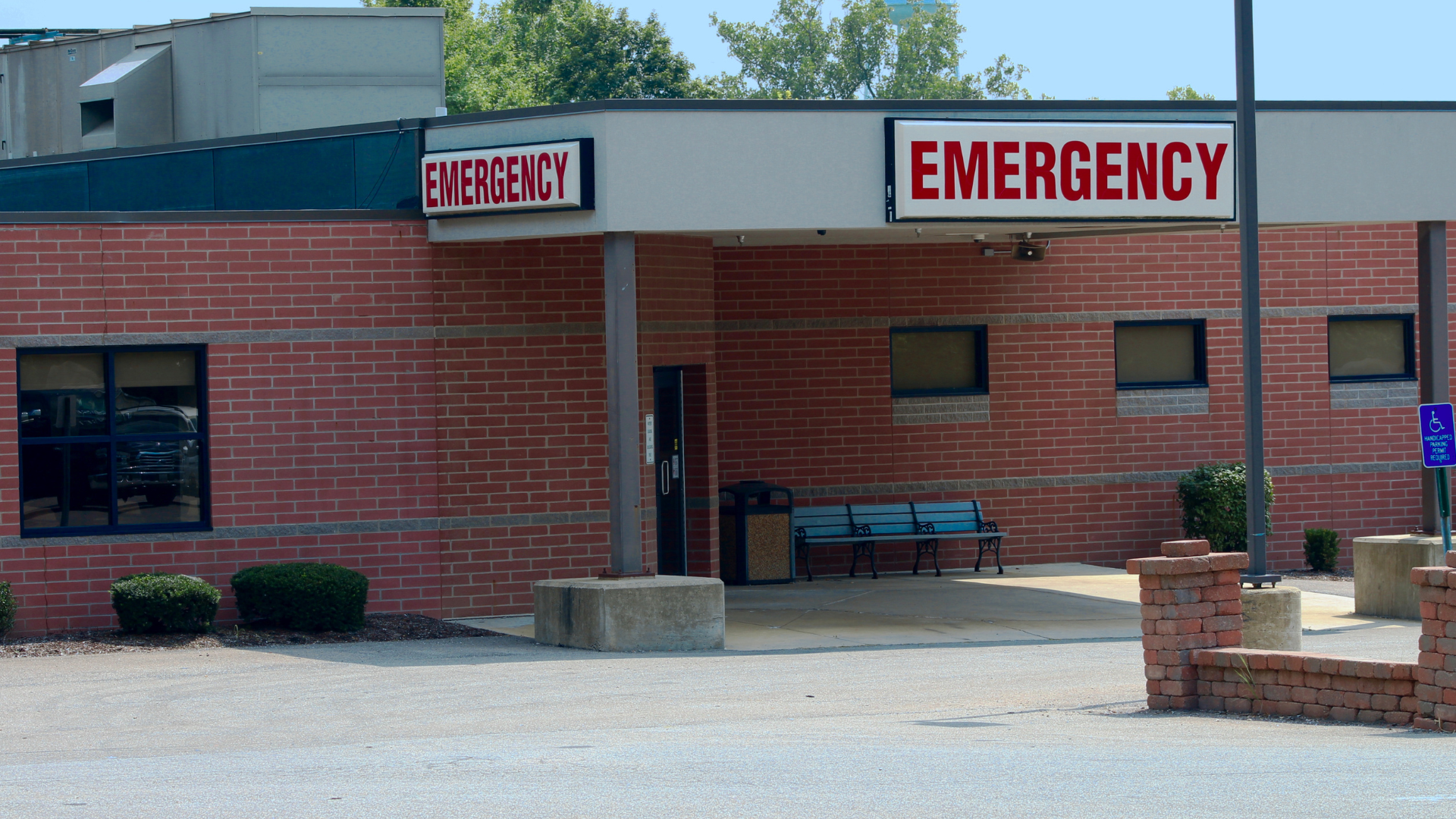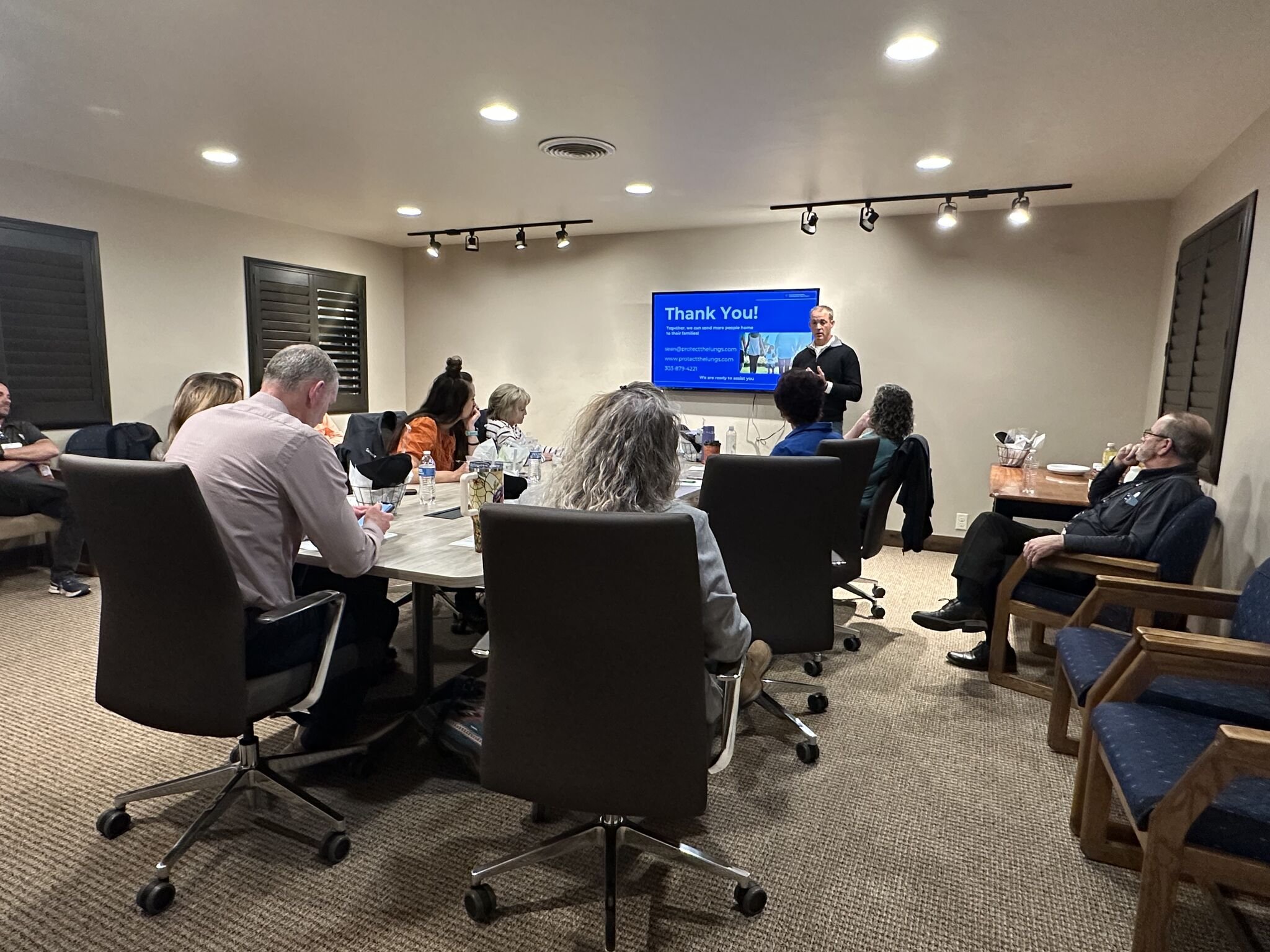
A Mechanical Ventilation Mastery Workshop for Resource Limited Emergency Departments
You can’t control what comes into your Emergency Department, but you can prepare for it!
We don’t just teach mechanical ventilation.
We engineer meaningful change and team success!
A hands-on learning experience on the art and science of mechanical ventilation, unlike anything you’ve experienced before.
The Definitive Workshop for Mechanical Ventilation Training for Resource-Limited Emergency Departments
This workshop is designed for Nurses and Healthcare Providers (PAs, NPs, and Physicians) with limited experience in managing mechanical ventilators in resource-limited environments.
Workshop Includes
Basic Ventilator Life Support (BVLS) included with workshop registration.
LIVE hands-on interactive training, including
Hands-on application of skills
Practical scenarios designed to challenge the learner to think critically, problem-solve, and apply what they’ve learned.
Workshop is tailored to your specific equipment and protocols.
8 hours of continuing education credit
Upon successful completion of the workshop, students receive a certification of completion good for 3 years.
Workshop Requirements
Must hold a current Paramedic license or above
RTs are welcome and encouraged to attend
Completion of Basic Ventilator Life Support (BVLS)
* Students must attend the entire workshop to receive credit.
Workshop covers…
Effective Delivery of Non-Invasive Ventilation (HFNC / CPAP / BPAP)
Managing Endotracheal Tubes / Trachyostomies / Cricothyrotomies / Supraglottic Devices
Patient Management
Principles of Lung Protection
Optimizing Oxygenation and Ventilation
Trauma / Burns / Drowning / Cardiac Arrest
Severe Obstructive and Restrictive Physiology
Neuro Protection
Initiating Mechanical Ventilation
Breath Types, Vent Settings, Alarms, Triggers, and Limits, including
Pressure vs. Volume Control
Tidal Volume, Respiratory Rate, PEEP, FiO2, Flow, and Driving Pressure,
Basic and Advanced Modes:
Pressure Support, Assist Control, ASV, SIMV, PRVC, IRV, APRV
Basic and Advanced Patient Monitoring and Troubleshooting, including
Blood Gases, SpO2, EtCO2
Scalar Graphs and Loops
Volumetric Capnography
Troubleshooting
Preparing the Patient for Transport
Registration Fee: $375 per student*
Includes all travel expenses and 1 day of class*
Minimum Class Size = 12
Maximum class size depends on the number of available ventilators
*Cost for classes that require multiple days, or are held outside the continental US may be different.






